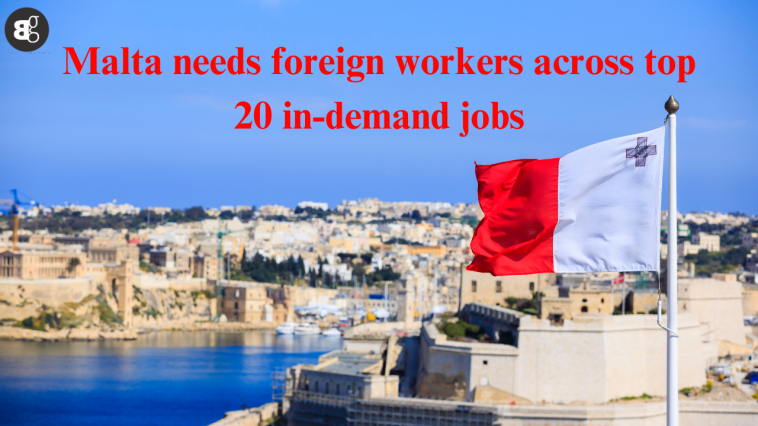Malta, an island nation, is currently experiencing labour shortages in 20 job sectors, according to the 2023 EURES report. This indicates that Maltese authorities are keen to attract skilled foreign workers.
In response, a Maltese government agency named Identita has introduced the Specialist Employee Initiative (SEI).
Foreign workers in Malta will fare better if they possess the necessary credentials. Manufacturing, building, healthcare, food service, hospitality, and business administration are among the industries experiencing shortages. Malta depends on foreign labour to fill these positions.
The latest EURES report highlights a shortage of workers in the following positions:
- Messengers, package deliverers, and luggage porters
- Manufacturing labourers
- Building construction labourers
- Cleaners and helpers in offices, hotels, and other establishments
- Car, taxi, and van drivers
- Security guards
- Health care assistants
- Child care workers
- Shop sales assistants
- Bartenders
- Waiters
- Accounting and bookkeeping clerks
- Contact centre information clerks
- Bookmakers, croupiers, and gaming workers
- General office clerks
- Chefs
- Administrative and executive secretaries
- Office supervisors
- Business services and administration managers
- Managing directors and chief executives
Malta employment opportunities for skilled workers
Malta is looking to attract skilled workers through the Specialist Employee Initiative (SEI), which offers a pathway for highly skilled individuals from developing countries who may not qualify for the Key Employee Initiative but have the relevant skills for jobs in Malta.
To apply, these foreign workers from non-EU countries must have a contract with a Maltese-registered company.
Besides the SEI, the Malta Employer Association (MEA) views foreign workers as crucial to Malta’s logistics industry. During a National Forum, MEA President Joanne Bondin emphasized the importance of foreign workers in driving economic growth.
Bondin stated Companies have filled employment gaps in the logistics sector with EU and non-EU nationals, supporting the sector’s growth.”.
Non-EU workers must have a visa to work in Malta, which can be obtained through various permits: the single permit, key employment initiative, or EU Blue Card.





